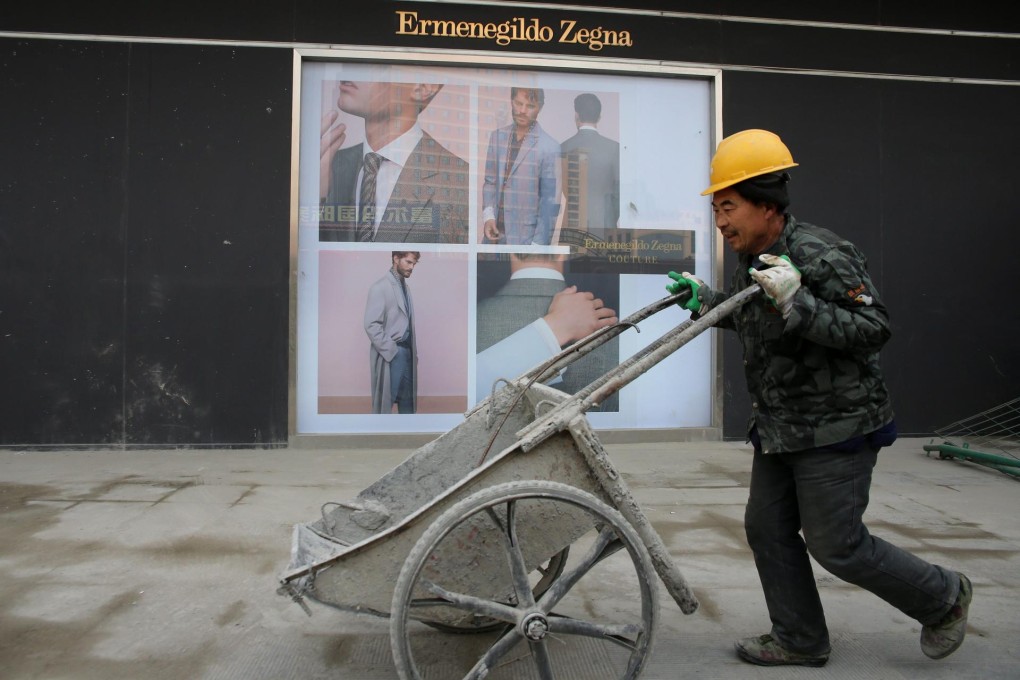Migrant construction workers 'the lowest of the low'
Liu Xiwu, 53, first left his home in Hebei when he was 18 years old, to help build railway tracks in Beijing. Now, over 30 years later, Liu continues to leave home for any city hiring construction workers, joining 40 million other migrant builders flooding into cities as their land fails to provide enough to sustain their families.

Liu Xiwu, 53, first left his home in Hebei when he was 18 years old, to help build railway tracks in Beijing.
Now, over 30 years later, Liu continues to leave home for any city hiring construction workers, joining 40 million other migrant builders flooding into cities as their land fails to provide enough to sustain their families.
"Peasant migrant workers don't have tempers. If you want to cheat us, you can cheat us, if you want to bully us, you can bully us. We don't retaliate," he said. "We peasant migrant workers are the lowest tier in society; we migrant construction workers have the lowliest job in the hierarchy."
As China's buildings grow taller, hotels more luxurious and the transport system more complicated, Liu said he would continue to work at construction sites for another decade or so - or till no one would hire him anymore.
Liu said he left his town - an "old revolutionary village" of 3,000 located in a valley nestled among Taihang Mountains - in the 1980s, as soon as the government started allowing people to look for jobs in the city. Wages were at around 3 yuan in the 1990s, he said.
Up till the early 2000s, construction workers failed to get paid 60 to 70 per cent of the time, despite having completed the work, he said. It was also common for workers to be beaten up. But everyone still kept on working because it was that or having no money to bring home at all.
Liu said the chances of actually getting paid now were higher, and living arrangements better.